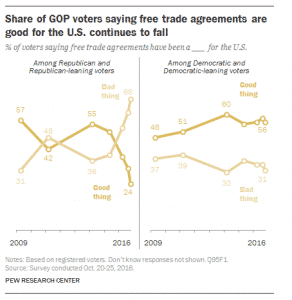
America’s Political Economy: Trump and the Republican lurch towards protectionism
Trump’s mercantilism may be a personal belief rooted in the 1980s, but for the Republicans it marks a historic break.

Trump’s mercantilism may be a personal belief rooted in the 1980s, but for the Republicans it marks a historic break.

How the Fed, hedge funds, banks, journalists and economists struggle to dominate the interpretation of the monetary system.

Revealing data from market-driven research company highlights the polarization of the US wealth distribution.
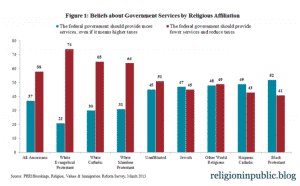
New data pinpoint the hard core of anti-government politics in US amongst white evangelicals who are high-income and Tea Party identified.

Why a pluralist account of globalization is necessary to map the crisis of 2008.

Global dollars, Nikes, oil, cotton, HIV-drugs, MBS, the AK47, the container, the internet and Hollywood … distinguishing 10 distinct regimes of globalization. Trying to build resistance to reduction.

An as yet rather abstract proposal to experiment with thinking the uneven and combined development of global capitalism in terms of sectors.
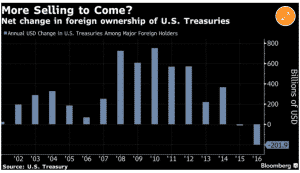
Asian sell off? Dollar crash? Alternatives to the dollar? Or a future of more or less dysfunctional entanglement?
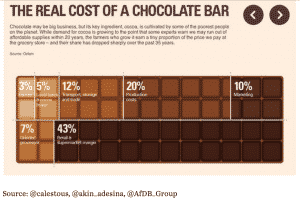
Containers of Hershey’s chocolate at Oakland dock, value-chains, multinationals, mormon tasters and peasant poverty.

Clarification of my position on an editorial derailment at Die Zeit.
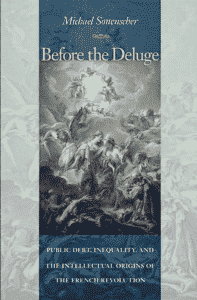
If the state underpins the global dollar, how should we characterize its political economy? Bond vigilantes or managed money?
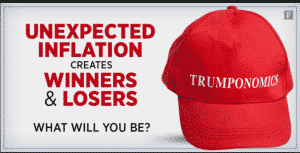
What if Trump’s economic policy morphs into an unregulated, all-around expansionism, back to the go go years, Goldman on populist speed?

Four ways in which the dollar’s global role could generate tension with the crude economic nationalism of the Trump administration.
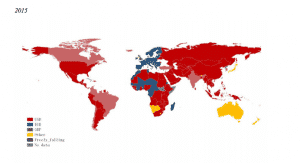
As American hegemony enters crisis, the significance of the dollar in the global economy is greater than ever before. Remarkable new data and pretty maps too!
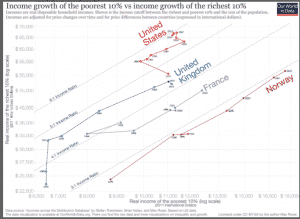
More comparisons with Europe reveal the stark polarization of US income distribution, but also raise questions about the reformist politics that animate these data-collection efforts.

Since the 1970s in-country inequality has grown across much of world. But whereas in China and France all incomes have risen, in the US half the population has seen its pre-tax incomes DECLINE over four decades.
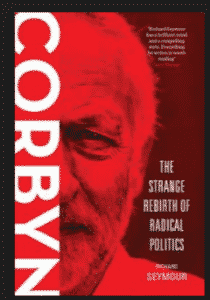
Recommending an excellent theoretical blogpost by the formidable Richard Seymour on how to think about social movements in relational and processual terms.
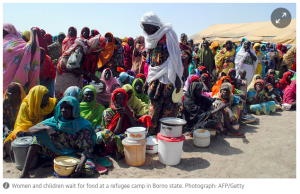
Shocking reports from North Nigerian war zone where millions are displaced and famine and disease appear to have killed virtually an entire generation of infants and young children.

How building the wall will rely on the entangled economy of the Mexican-American border region.

In a dramatic development German Finance Minister turns Trumpite criticism of German trade surplus against Draghi and ECB. He thus opens a major line of fissure that could be decisive for the future of the Eurozone.

“Dark matter” is a big deal in the American financial balance with the rest of the world. In visible trade the situation is the dramatic

A pioneering study of long-run changes in wealth holding, shows the dramatic increase in inequality from the Black Death to the industrial revolution.
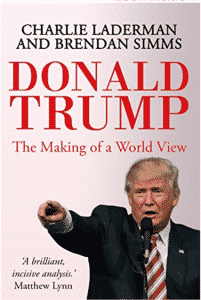
How POTUS came to view the world through a mindset shaped by the 1950s and the 1980s.
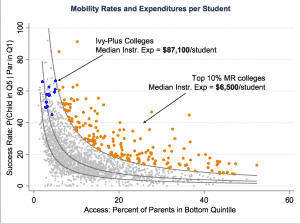
How many low-income students to America’s Colleges recruit? How many of them make it into the top 20 % or top 1 % of the income distribution? Which colleges reproduce inequality? Which colleges are vehicles of social mobility? ESSENTIAL reading.

Would You Fight? Does recent opinion poll evidence on low levels of martial patriotism in many parts of world and particularly in Europe have implications for how we narrate the history of late twentieth century and beyond?
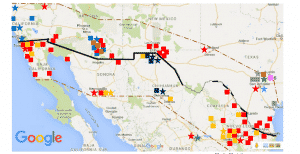
Trump’s border wall will be a massive engineering project. For all its perverse nationalism it cannot escape the logic of global capitalism. It will be paid for by American consumers and the main supplier of the raw materials will be Cemex, a globalized Mexican cement corporation.
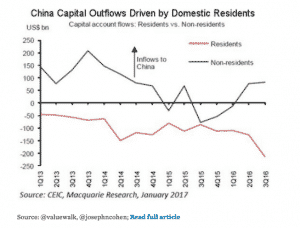
Whose money is exiting China? Domestic not foreign it turns out. Nice illustration of key point in critique of Streeck.

Who paid for Hitler’s wars? Was Nazi Germany a “Feel Good Dictatorship”? Racialized plunder and the social foundations of the Nazi dictatorship. The Aly-Tooze debate of 2005 revisited.

Remarkably important analysis of political economy of the Eurozone coming from inside Die Linke and the Rosa Luxemburg Foundation.
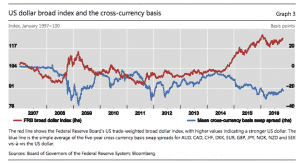
How the Global Dollar Shortage may be crushing global trade. How money and the real economy connect under conditions of financialization. Brilliance from Kaminska/FT and Shin/BIS.
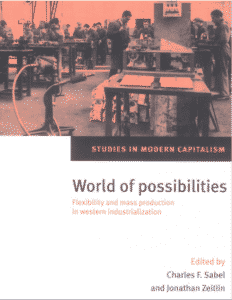
Alternatives to Mass Production. A critique of Sabel and Zeitlin’s classic work. How economics, politics and technology shape modes of production.
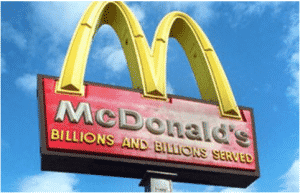
From McDonalds to Woodrow Wilson by way of the crisis of the liberal order. Prospect podcast featuring Fukuyama, Steavenson and Tooze in conversation about End
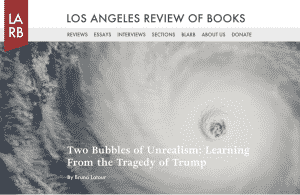
Bruno Latour on Trump: “Good, we have now been warned, so that we might avoid being so surprised moving forward. Indeed, our incapacity to foresee
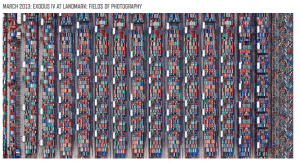
The political economy and geopolitics of logistics. Further reading: – Deborah Cowen’s The Deadly Life of Logistics – Laleh’s blog on maritime logistics, The Gamming

Anniversary Essay in Prospect Reflecting on 1917-2017. Click here for webpage: Click here to download PDF of Tooze Prospect 1917 piece Save
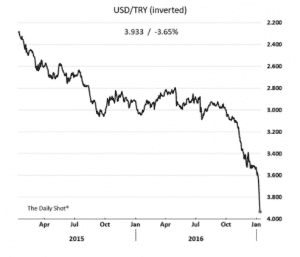
All Eyes on Turkey With its domestic politics in turmoil and the civil war in Syria on its doorstep, Turkey’s economy is in trouble too.